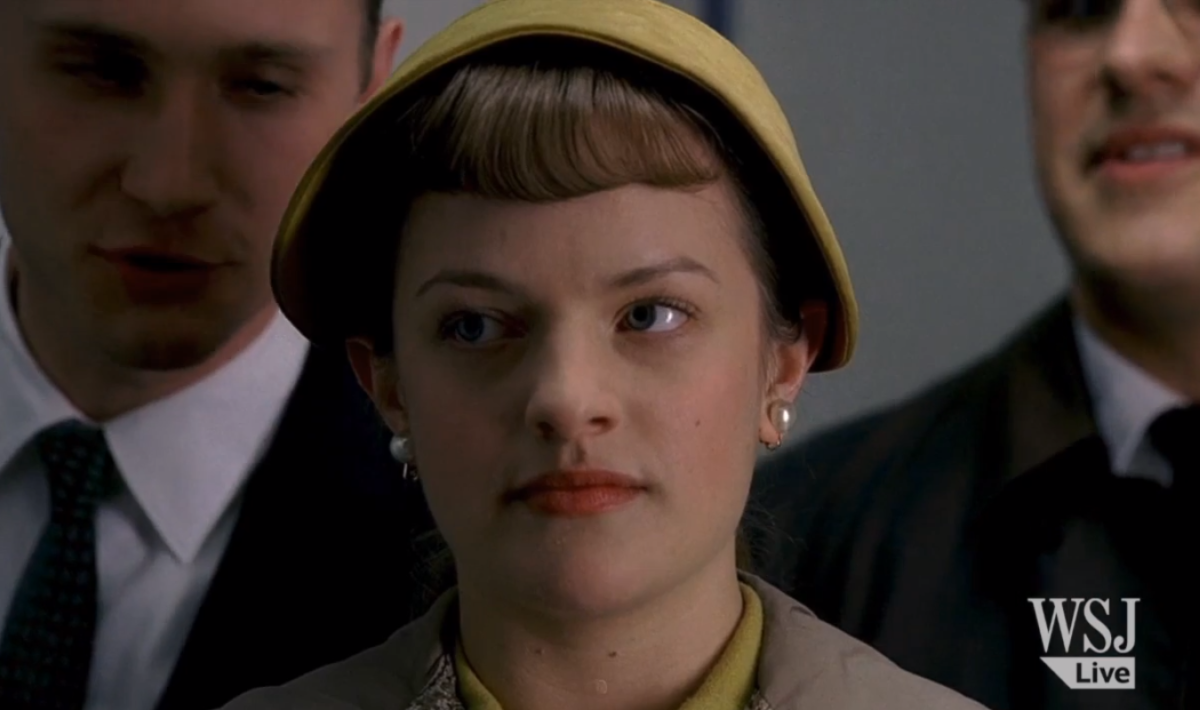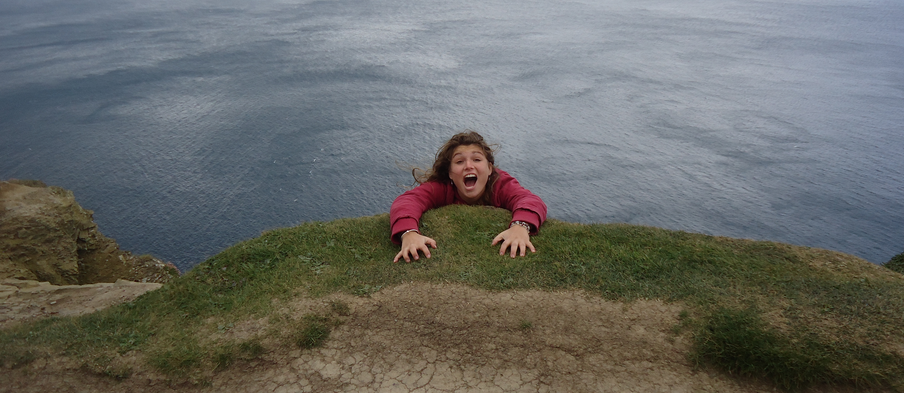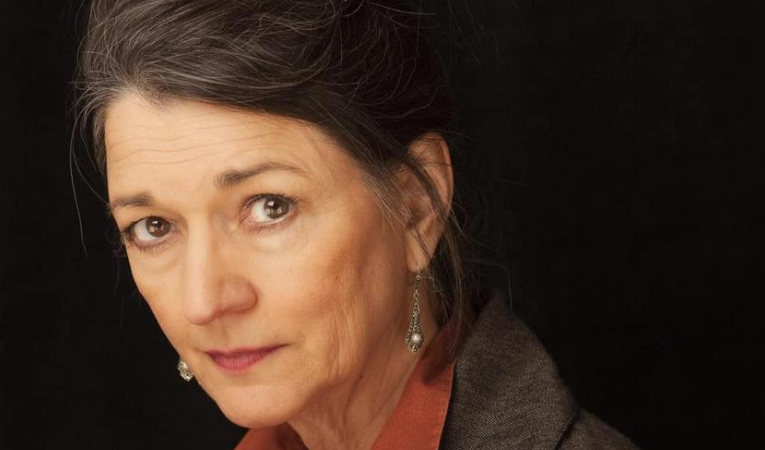-

Create a Great Setting for a Story: A Small, Knowable Place
•
Every great story contains a bunch of basic elements–complex characaters who offer glimpses into the variety of human motivation, action that reveals motivation and conflict, details that offer glimpses that most readers would miss, and more. To many, the setting offers the container of characters and action. To others, the setting is like an all-present “extra,”…
-
John McPhee’s Step-By-Step Approach to Narrative Nonfiction
•
No one in our time has contributed more to nonfiction narrative–stories that are true–than John McPhee. And he has lessons to teach. McPhee is the writer for The New Yorker and creative writing professor at Princeton University. His books include the Pulitzer-Prize winning Annals of the Former World (a trilogy on geology and geologists), A Sense…
-

The Clue Where You Sit
•
Everyone knows about the Type A personality — the driven, impatient, narrowly focused, executive with a bad temper and high blood pressure. How this personality type was discovered in the 1950s offers a good lesson for writers about paying attention to details. More about that in a few moments. In Elements of Writing seminars,…
-

How to Create Cliffhangers and Surprise
•
Good writing needs cliffhangers and surprise to excite desire. By stopping the story and leaving a character’s fate in doubt, cliffhangers tease the reader. We want to know what happens next. Will the hero be safe … or get the girl … or track down the criminal … or save the business? God is…
-

The Enduring (And Sometimes Creepy) Power of Fairy Tales
•
This originally appeared in The Boston Globe on December 30, 2014. Fairy tales come steeped in gruesome and explicit imagery. In contrast to today’s politically-correct sensibilities, folk stories revel in death, torture, sexual perversion, and betrayal. But one tale by the Brothers Grimm went too far. In “Playing Butchers,” a man slaughters a pig…
